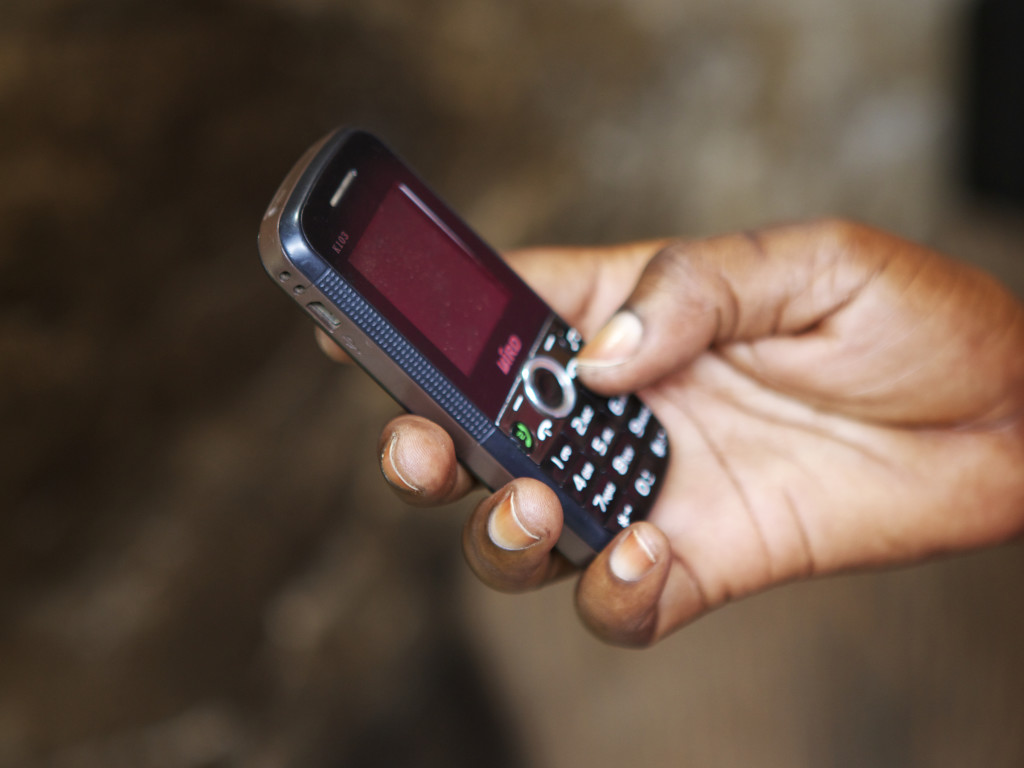Stung by defaults, NCBA and Safaricom have resorted to raising the minimum amount of money a user can borrow from M-Shwari to Ksh2,000, leaving Fuliza, the overdraft facility to scramble with loans below Ksh2,000.
Until now, users have been borrowing at least Ksh500 from Mshwari, the loans and savings platform that pioneered digital lending in Kenya.
The changes took effect on Monday and NCBA has started communicating the new credit limit to customers who qualify for it.
Borrowers who do not meet the qualification threshold to borrow at least Ksh2,000 will now turn to Fuliza which is interlinked with M-PESA such that if a user has a loan and their M-PESA wallet is credited with money it is instantly cut to pay off the exsisting loan.
Borrowers pay a facility fee of 7.5 per cent when taking the M-Shwari loans, amounting to an annualised interest rate of 90 per cent.
On Fuliza, the fee is 1.083 percent or 395.2 percent annualized, underlining the high cost of using the short-term credit services regularly.
NCBA Group managing director John Gachora in an interview with a local publication on Monday said that the changes will bring a clear product differentiation for borrowers seeking digital loans through Fuliza, M-Shwari, or Stawi products in which the lender participates.
Gachora said the bank’s analysis has shown that most customers seeking credit below Sh2,000 were for unplanned expenditures, and therefore the raised M-Shwari limit is meant to migrate such customers to Fuliza.
“M-Shwari serves the critical need for planned credit and the demand for lower ad hoc credit is now better served with Fuliza,” Mr Gachora said in an interview.
“Customer qualification for M-Shwari, Stawi and Fuliza will depend on the individual performance on mobile money, saving and on the observed repayment behaviour on all digital loans that they use.”
The Stawi product, which is also backed by Cooperative Bank of Kenya , DTB , and KCB , targets digital borrowers seeking unsecured loans ranging between Ksh30,000 and Ksh250,000 to fund Small and Medium-sized enterprises (SMEs).
More than 3.2 million Kenyans had been negatively listed as loan defaulters by April. Critics have faulted digital lenders for leaving millions of Kenyans in a debt trap.
Data from the credit reference bureaus (CRBs) show that the accounts negatively listed had jumped from 2.7 million last year, a significant number of them linked to mobile digital borrowers of less than Sh1,000.













Leave a comment